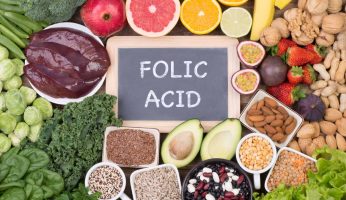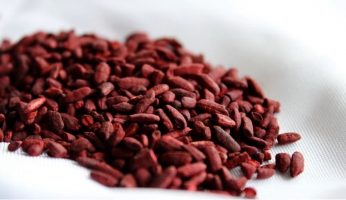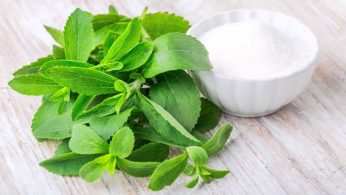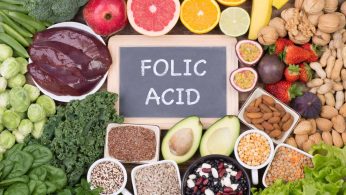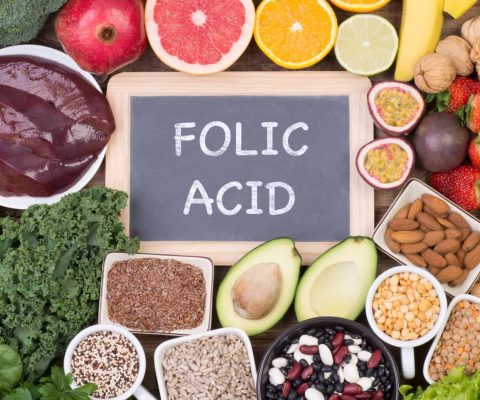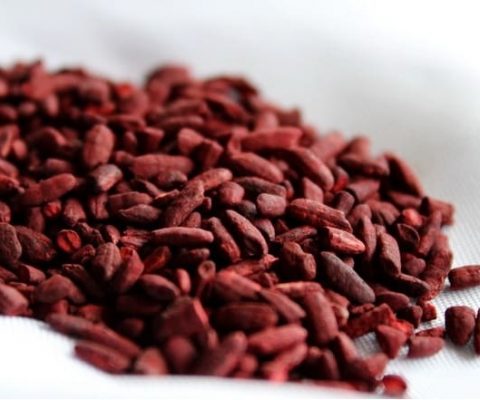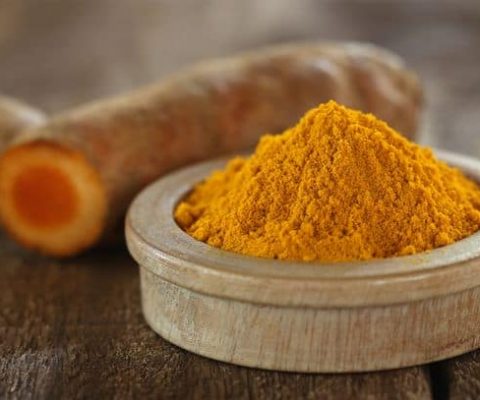Are Nutrients Better in the Form of Supplements or Real Food?
Disclosure: We use affiliate links and may receive a small commission on purchases.
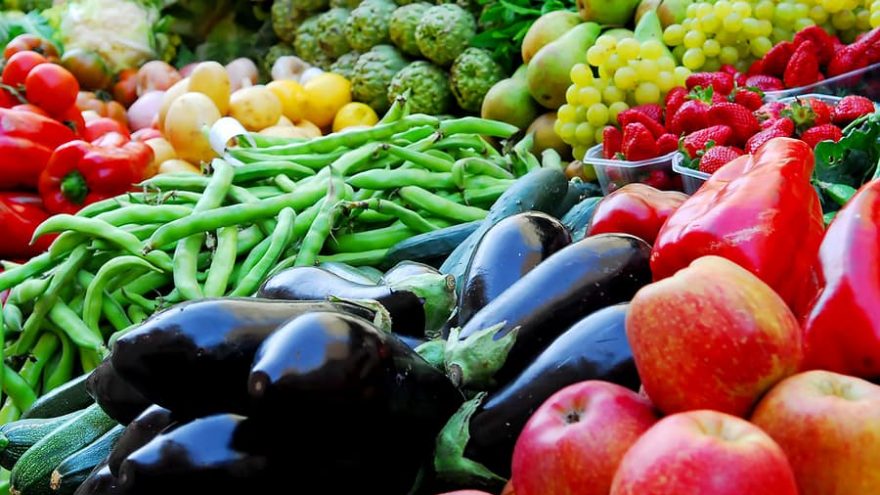 Are Nutrients Better in the Form of Supplements or Real Food?
thefitbay.com
Are Nutrients Better in the Form of Supplements or Real Food?
thefitbay.com
I’m sure that by now you’ve heard the hype around dietary supplements and their benefits. If you’re like me, you’re a bit sceptical and unsure as to whether they actually contribute to positive changes in your everyday health. Surely, it’s better to stick to real food which is guaranteed to carry those nutrients?
Well here’s the deal: in an ideal world, consuming only real, natural food would be enough to receive all the nutrients necessary for a healthy diet. Unfortunately, we don’t live in an ideal world.
Why? Well first off, fruits and vegetables continue to breathe after being picked through a process called respiration, which breaks down stored organic material like proteins and fats, and leads to loss of flavour, and… nutrients. At the best of times, the food that you buy is at least a week old, as it is usually transported from great distances. This means that if you’re lucky, you end up with only about 40% of the products’ initial nutritional value.

So by the time it gets to your kitchen, the fruit and vegetable has already decreased drastically in nutritional value. Well, other factors also contribute to this loss of goodness. In this age of mass production, nutritional value is being leaked out by selective breeding, factory farming and over-processing. Take apples for example. ‘An apple a day keeps the doctor away’, right? But the sad reality is that most food companies don’t prioritize their customers’ health when selecting their products. See, most phytonutrients, the lovely healthy things found in plants, have a bitter taste, and since farmers want to sell the sweetest, most luscious apples that you and I prefer, most of those that contain more nutrients never even make it to the food stand. Because the success of major food brans is due to their happy consumers, who prefer the most attractive, sweetest products, unaware that this means a lower nutritional value. To maximize their profit, food retailers and farmer tend to favour plants that are low in fibre and high in starch and oil, and unfortunately nutritionally lacking.
The good news is that as consumers, we do have some control over the food we chose to eat. For example, you can choose to buy meets that come from grass-fed animals as opposed to those fed with grains. Grass-fed beef comes with more potassium, zinc and sodium than factory farmed beef, from cattle that are given hormones to make the beef taste better.
One way to conserve the maximum number of nutrients in plant based foods is by keeping them cool and moist on the shelves to help slow down the nutrient loss. Then after having bought the product, it’s also important that you know how to store your food correctly, by keeping your fruit bowl off that sunny window ledge and your tomatoes out of the fridge for example.
An even better way to get the most nutrients out of your fruit and veg is to buy them from local farmers. Not only does this help support those independent producers economically, it also means that the food is likely grow with less pesticides, and that it has travelled a shorter distance to get to you, often resulting in better overall value.
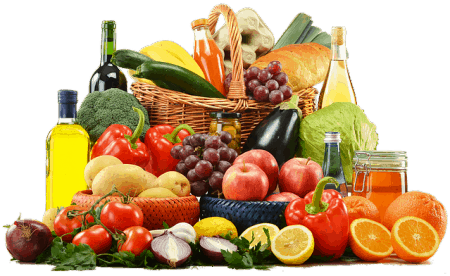
And yet, I understand that not all of us have access to the purest food. Many people struggle to eat the 5-10 portions of vegetables and fruit generally advised, which can result in a lack of fibre in their diet. In addition, some nutrients cannot be gained by food alone. Vitamin D, for example, is mainly produced through sun contact with the skin, so during the winter months in countries like the UK, the body doesn’t absorb enough sunlight to produce Vitamin D naturally. To combat this deficiency, the NHS officially advises to take the vitamin in supplement form, especially during those darker months.
Then there is the case of hard-training athletes, whose career involves pushing their bodies through strenuous exercise and muscle training. High levels of exercise tend to stress many metabolic pathways where micronutrients and needed, resulting in a greater need for more nutrients than is available in an all-natural food diet. Since micronutrients are vital for energy production, bone health and good immune function, these athletes may benefit from supplement intake of iron, zinc, or magnesium.
The moral of the story is that you need to get as much of that good stuff from real foods as possible. With so many of those vital nutrients available in convenient little capsules everywhere, you may be tempted to indulge in high-carb fast food to satiate your cravings and then pop vitamin capsules thinking it balances it out. Well, that’s not how it works. Food contains substances other than vitamins and minerals that are good for you: fruit, veg, and wholegrain contain phytochemicals (plant chemicals) that help your body fight the development of many chronic diseases. And if you think about it, we initially evolved and survived on the natural land for a reason. Because ultimately, the best fuel is the most organic, regardless of whether it’s shiny enough to be sold in your supermarket.
So don’t just shop the biggest food brands. Be suspicious of the flashy promises on the front of labels. Read the part they squeeze in at the back with the nutritional information. The secret is something I’m sure you’ve heard a thousand times by now: a balanced diet. Eat a lot of the green stuff, much less of the fake stuff, and consider supplements if you’re deficient in some department.


